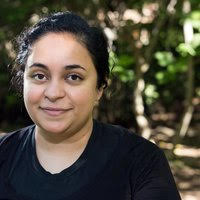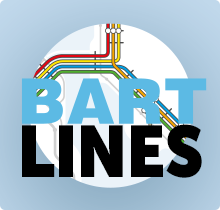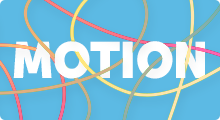trying my hand
again at Selby Jr.
in my comfortable
apartment
with a balcony
in the
...
[+]
But because of this, because my father was the sea and of the sea, I have never feared it. I don't live in my father's country anymore. I live here, where the air smells not of brine but of eucalyptus, where the light is gold but not hot. The sea is placid, but it harbors currents that can drag you to a quiet death, waves that swallow up a beach without warning. We live right by that treacherous water. Our house is on a hill, one of many in a row of grey houses like scales on the body of a fish. The ocean is at the bottom of the hill, and all day long I watch its rhythms.
Yesterday, my husband told me that he has decided to drive at night. It's better, he says. The drunks from the bars need to get home, and then at dawn, there's the people going to the airport. I don't like the idea, but today my husband and I clean the car together. While he is bent over the back seat, vacuuming, I tuck a page from the Qur'an that once hung on the wall of my father's home into his glovebox: We commanded Moses: Journey by night with Our creatures, and strike a dry path for them through the sea. Do not fear being overtaken, nor have dread of any thing. Then he kisses me goodbye, and says, you are overreacting, I will be back to take the boys to school. I know how to handle myself out there. It's only the night.
I don't sleep. Instead, once the boys are asleep, I walk down the hill. Each house watches me from its window, its large eye rolling.
It has been a long time since I stepped onto the beach. At night, the sounds of sea are all ancient ones: the creaking and rocking of boats, the sluicing of water, the lapping of waves. As children, we'd sit on the beach when it was too hot to sleep, cooling ourselves in the ocean breeze. There was always music on the wind. We always felt a little dangerous, out there at night like that.
I look out to the water. All the way across that ocean—if one could follow the paths between the curves and shapes of coastlines—is the place from which I came. Between here and my father's house, if one knew how to do it, it is but a walk, to step into the sea here and to come up, dripping, to my father's door. To come out upon that remote shore, where surely it is daylight now, where my father's body lays still in the soil but his soul is in eternal motion, centrifugal, spinning toward the life that this one is mere preparation for. In my father's land, sunlight still must fall in slanting lines on the path from the school to our house, the way it did when I was a girl. To walk from this blank ocean to that familiar one is nothing, if only one knew how to do it.
I lie down on the sand, as close as I can get. The water flows up, laps at my ankles, curls around my waist, and retreats. The sand is wet against my wrists. Somewhere, my husband moves across the grids of the city. He ferries the people home. I lie there, in that damp and foreign night, and I point my feet toward my father's house, across the dark and plain sea.




